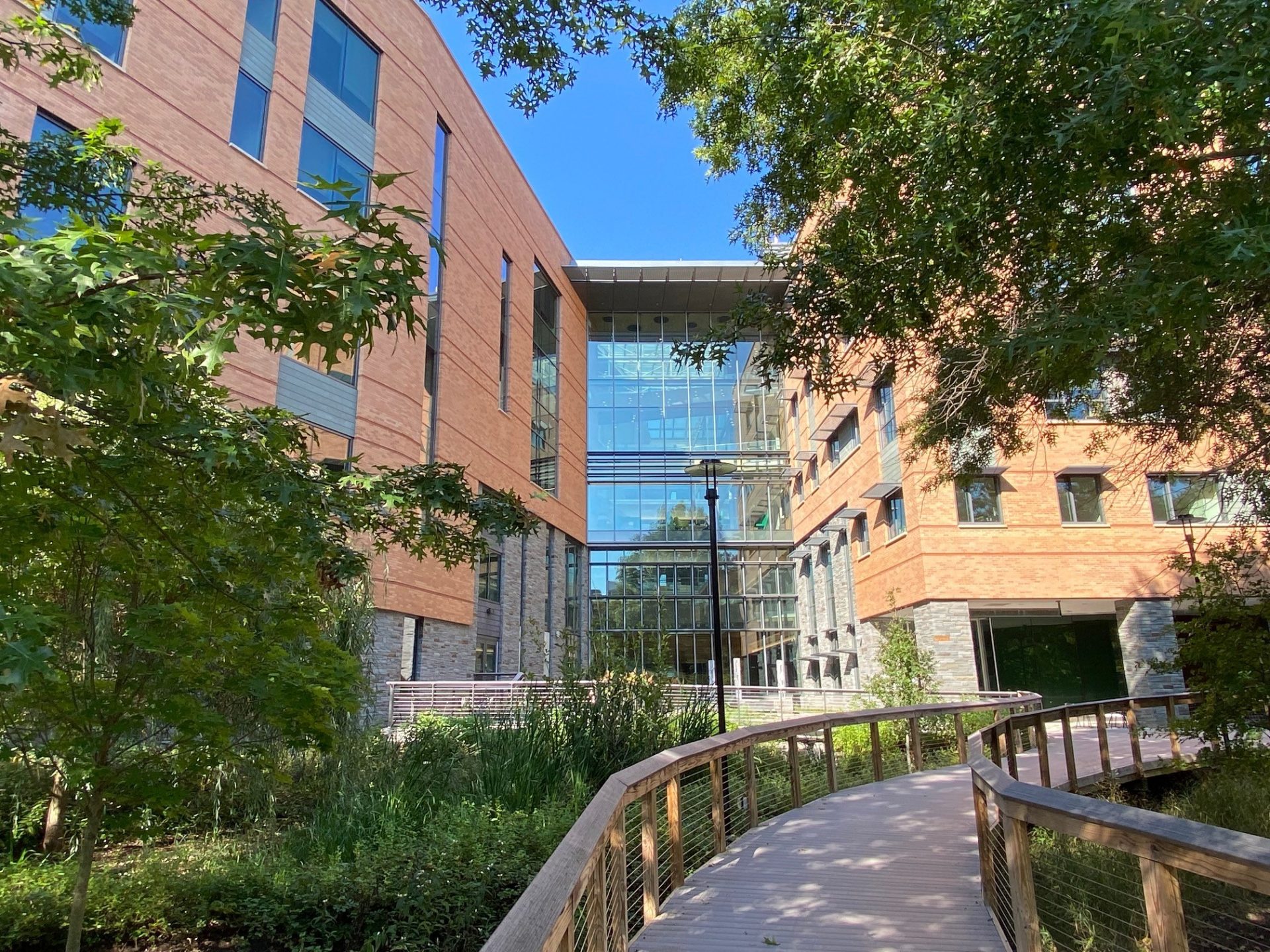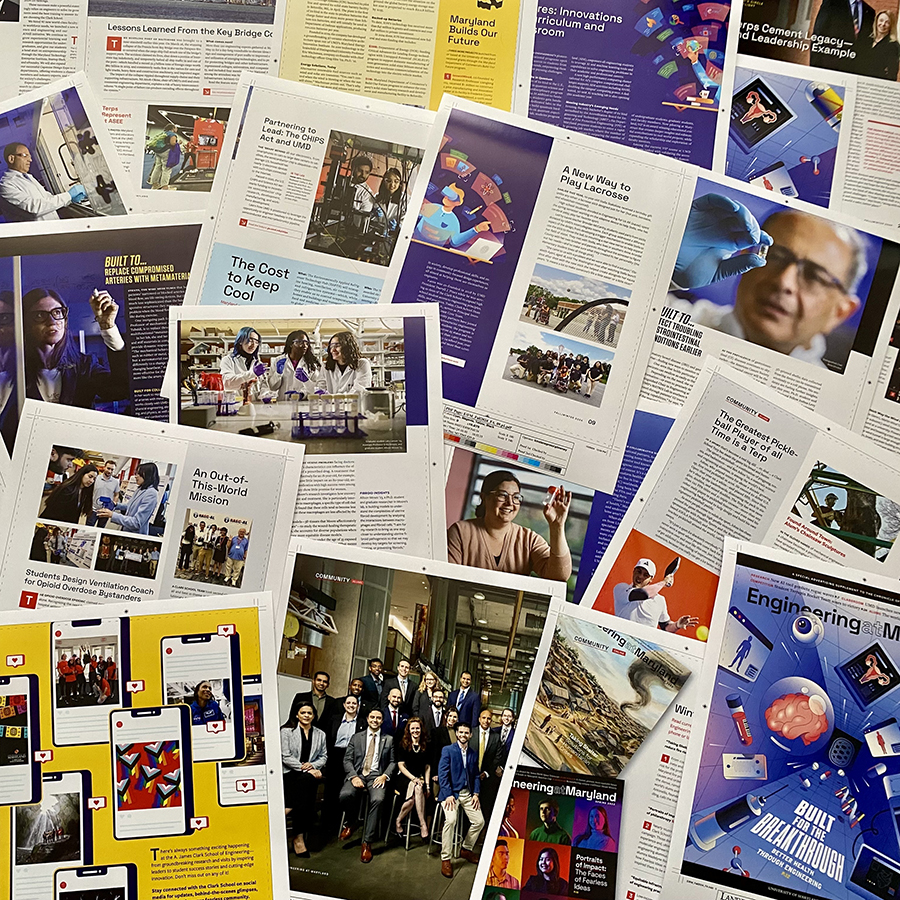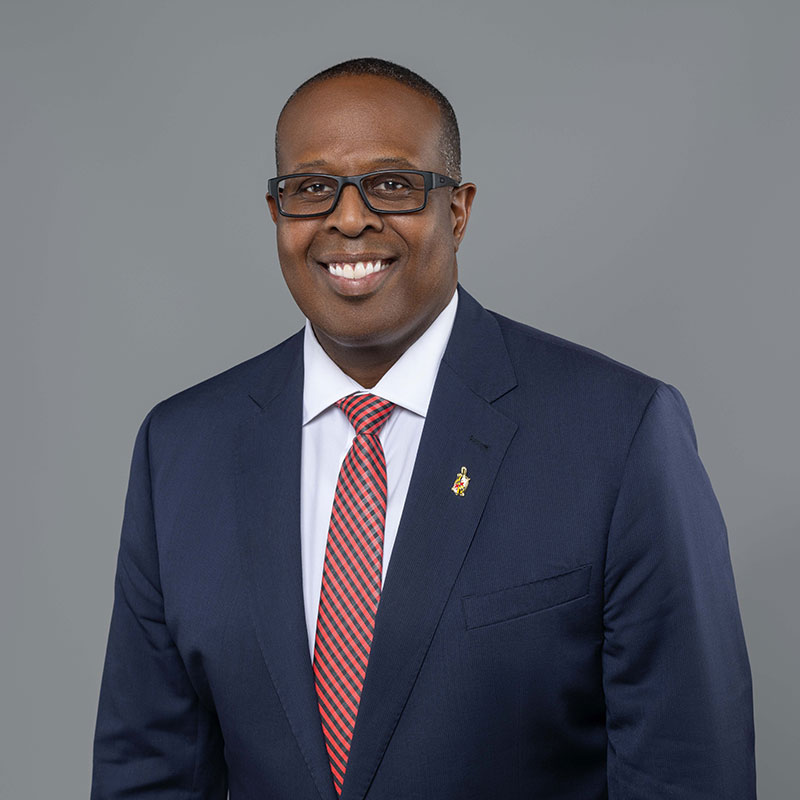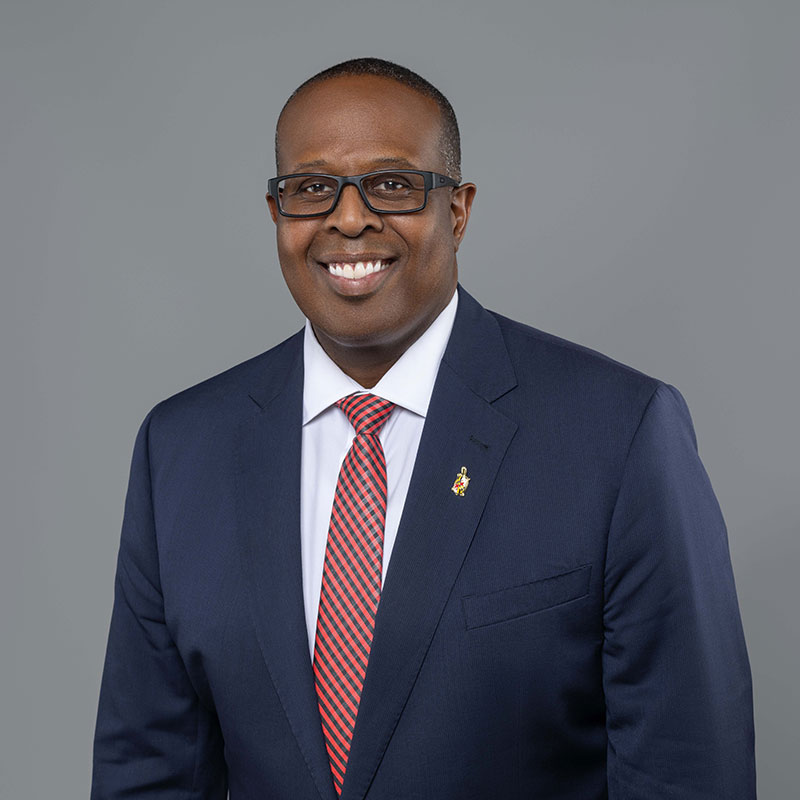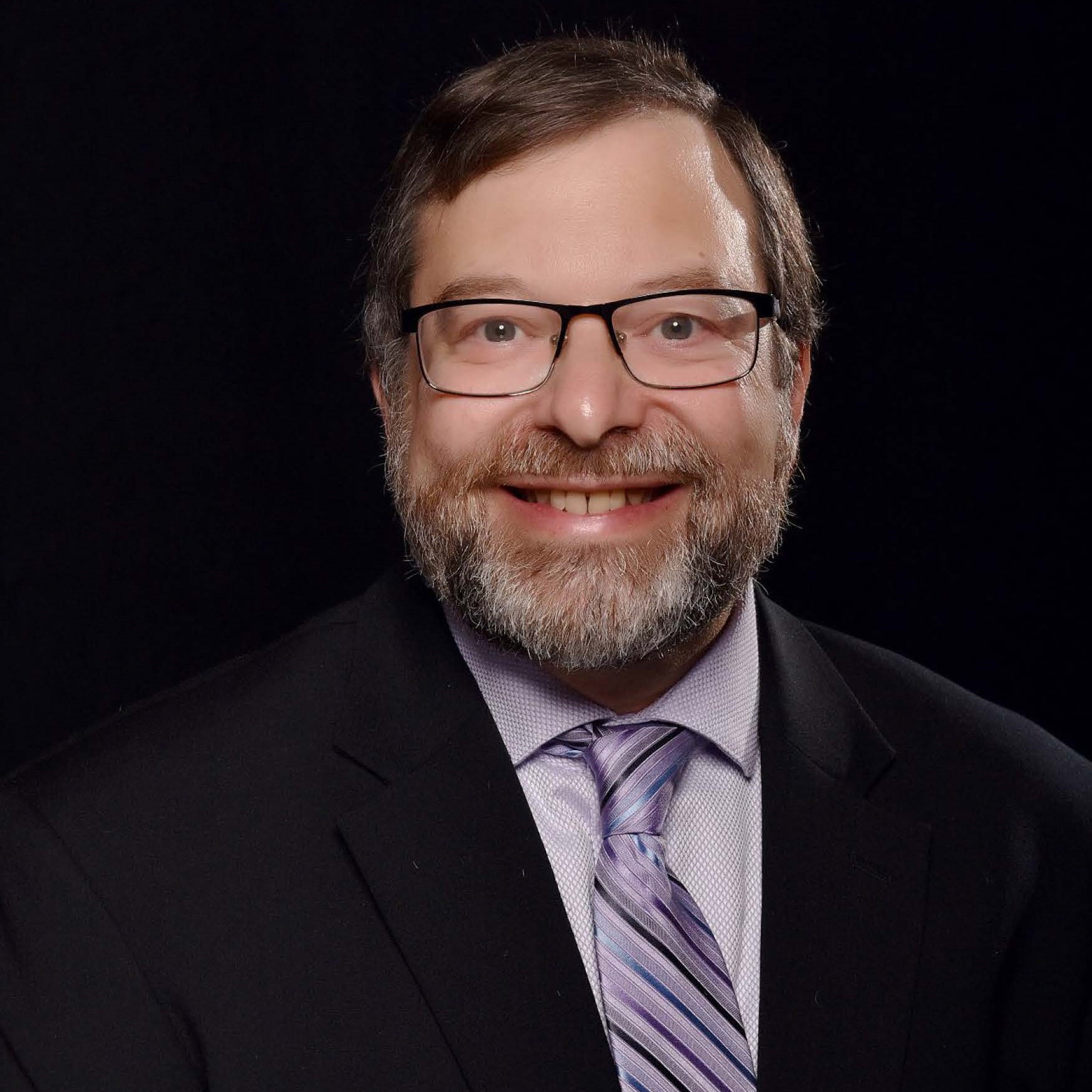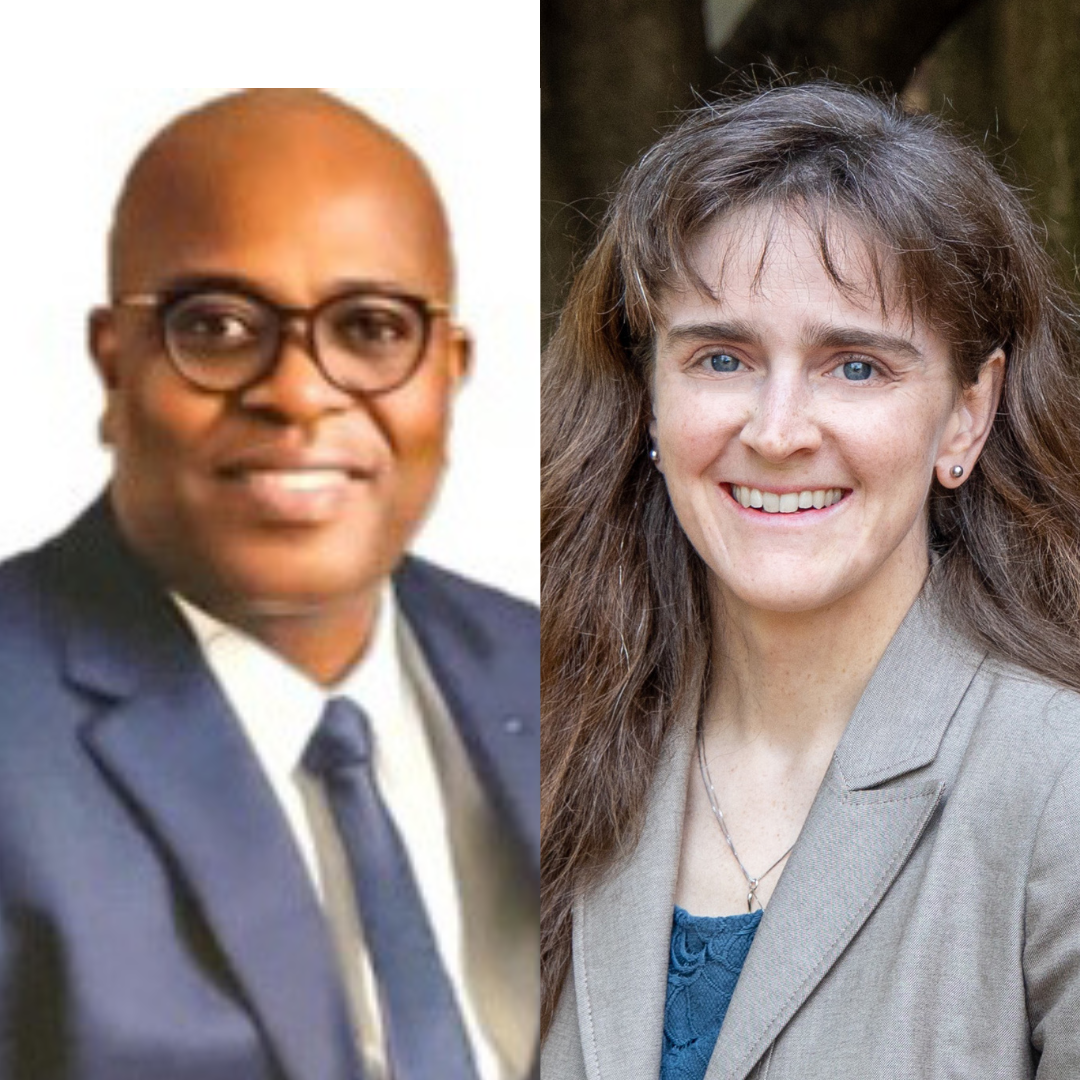News Story
A 6-Step Roadmap to Diversify Faculty Hiring in STEM

Two Maryland Engineering faculty members are helping reenvision hiring processes for engineering institutions. Fischell Department of Bioengineering (BIOE) professors Katharina Maisel and Erika Moore have joined a team of faculty from 16 top engineering programs to establish a guide for hiring diverse faculty members.
This team authored a detailed roadmap in Nature Biomedical Engineering in which they call for an overhaul of the current hiring processes in engineering that, despite best efforts, have continually failed to increase diversity.
“Oftentimes, we are unaware of ways in which our processes lead to inequity,” explains Moore. “This paper is our approach to providing guidelines to increase awareness and raise equitable practices in hiring. To remove the hidden curriculum in these processes, we seek to set a new standard for equitable hiring practices.”
The research team details six major steps—each rooted in evidenced-based best practices as well as experiences at their own institutions—that are necessary to increase diversity in faculty hiring. The primary goal is to actively recruit a diverse pool of applicants and to improve the rate that Ph.D. holders from historically excluded groups continue on to become faculty members.
“Faculty in biomedical engineering and many other STEM fields are not representative of the diversity of our general population,” says Maisel. “This discrepancy can hinder both the sense of belonging and the academic success of students from diverse backgrounds. Currently, our hiring processes insufficiently make up for the difference in recruitment that is needed.”
Part of the challenge in recruiting a diverse applicant pool is underrepresentation among Ph.D. earners. Only 4.4% of all Ph.D. recipients come from historically excluded groups, according to the paper. But even if that number increases exponentially, the researchers say, there is a "conversion problem," of getting people from these groups into faculty positions that continues to prevent the diversification of academia.
The researchers outline how hiring managers can attract a diverse applicant pool—and therefore diversify the potential candidates—by using inclusive language in the job listing, by circulating that listing at a wider range of institutions like Historically Black Colleges and Hispanic Serving Institutions, and by advertising the positions persistently and broadly across various networks.
“Intentionally recruiting a diverse pool of applicants is a key step in this process,” explains Maisel, “as this can mitigate negative self-selection that often occurs in underrepresented groups.
Throughout the paper, the researchers emphasize the importance of developing consistent rubrics with fleshed out criteria to evaluate candidates holistically. The researchers cite studies showing that a lack of strict criteria leads to less diverse hiring and hiring decisions based on personal preferences or similarities between the applicant and oneself.
Oftentimes, we are unaware of ways in which our processes lead to inequity. This paper is our approach to providing guidelines to increase awareness and raise equitable practices in hiring. To remove the hidden curriculum in these processes, we seek to set a new standard for equitable hiring practices.
Dr. Erika Moore, Assistant Professor
Unbiased practices like evaluation rubrics can level the playing field for candidates that come from historically excluded groups.
As Moore explains, “Creating a rubric with strict criteria is critical in understanding our own biases when assessing candidates and ensuring increased transparency in evaluations.”
In addition to finding a diverse pool of candidates and using rubrics to evaluate them, the researchers recommend the following:
Prepare the Department: Getting buy-in at all levels—from staff, faculty, and leadership—is key. People aren't going to want to work in environments where they don't feel welcome.
Plan the Search: A job search can take several months, but departments should spend significant time making a game plan for the search in advance. During that time, focal points should include making sure everyone is aligned in what they are looking for in a candidate, building a strong search committee, training them to complete the task, assessing roadblocks from past searches and revising materials to embrace new hiring strategies.
Interview Inclusively: To level the playing field, the researchers recommend being transparent about the interview process. They also advocate for including students in the process, collecting independent feedback after interviews and mitigating the impact of potentially toxic faculty members.
Recruit Proactively: Once a top candidate has been identified, they should get the opportunity to meet students and members of the broader university community. Showcasing the department and its vision and making the environment equitable in advance can increase the chance that the prospective faculty member will accept the offer.
The project spawned out of the national group BME (Biomedical Engineering) UNITE (Underrepresented Needs in Technology and Engineering). BME UNITE is a national network of biomedical engineers that came together in 2020 to educate themselves, improve representation, and combat racism in STEM. This group has formed several sub-committees that have published papers focused on issues of bias and lack of representation in academia.
Katharina Maisel is an Assistant Professor in BIOE and an affiliate of the Robert E. Fischell Institute for Biomedical Devices. She currently leads the MARC T34 MPI team at UMD, which is dedicated to creating a NIH-funded program supporting underrepresented students. She is also an active member of BME UNITE and working on another paper on building an accountability plan to diversify engineering. She facilitates mentor training programs for BIOE, as highlighted in her 2021 Science article, and leads diversity and inclusion discussions.
Erika Moore is an incoming Assistant Professor joining BIOE this September. Moore serves on the executive board of BME UNITE and co-leads BlackInBME, a community-focused resource for Black BME trainees and faculty. Her article, "The More Mentors, The Merrier," published in Science in 2021 and advocates for inclusive mentoring practices. “Equity and access go hand in hand,” Moore says. “When we know better, we can do better.”
The authors are all part of BME UNITE. The team includes Elizabeth Cosgriff-Hernandez of the University of Texas at Austin; Brian A. Aguado and Karen L. Christman of the University of California San Diego; Belinda Akpa of the University of Tennessee; Ana Maria Porras, Kelly R. Stevens, and Gregory A. Hudalla of the University of Florida; Patrick M. Boyle of the University of Washington; Deva D. Chan of Purdue University; Naomi Chesler of the University of California Irvine; Tejal A. Desai of Brown University; Brendan A.C. Harley of the University of Illinois Urbana-Champaign; Megan L. Killian of the University of Michigan; Katharina Maisel and Erika Moore of the University of Maryland; Kristen C. Maitland of Texas A&M University; Shelly R. Peyton of the University of Massachusetts Amherst; Beth L. Pruitt of the University of California Santa Barbara; Sarah E. Stabenfeldt of Arizona State University; and Audrey K. Bowden of Vanderbilt University.
Published August 28, 2023
